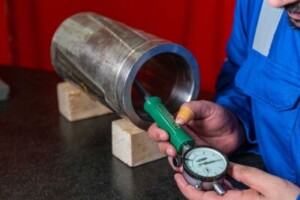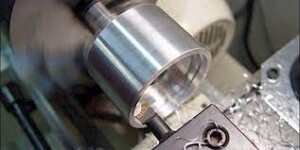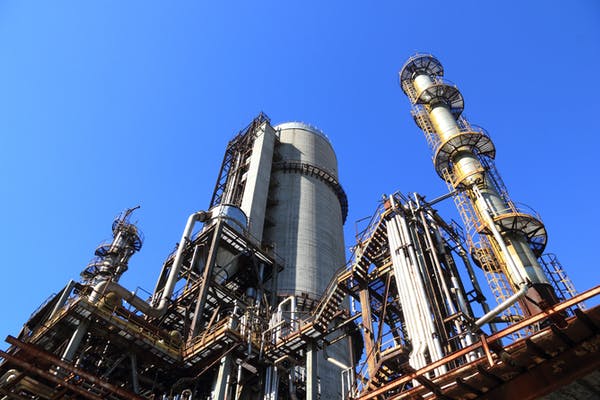The oil and gas industry is a complicated and high-risk sector where safety, efficiency, and reliability are paramount. Inspection Dubai is critical in ensuring oil and gas equipment, facilities, and processes operate safely and efficiently. There are different types of assessments in the oil and gas industry, each with its specific purpose and methodology.
Visual inspection
Visual inspection is the most common and basic type of inspection in the oil and gas industry. It involves visually examining equipment, components, and facilities to detect visible signs of damage, wear, or corrosion. Visual inspection is typically done by trained inspectors who use tools such as flashlights, mirrors, and magnifiers to examine the equipment’s internal and external surfaces. The visual inspection helps identify surface defects, cracks, leaks, and other visible signs of damage.
Non-destructive testing (NDT)

Non-destructive testing is an inspection that uses various testing methods to examine equipment and components without causing damage or destruction. NDT techniques include ultrasonic testing, radiographic testing, magnetic particle testing, and eddy current testing, among others. NDT is useful for detecting cracks, corrosion, and other internal defects that cannot be seen through visual inspection. NDT is typically performed by certified inspectors who use specialized equipment to perform the tests.
Integrity inspection
Integrity inspection is a type of inspection that focuses on the overall integrity of equipment and facilities. It involves a comprehensive assessment of equipment and facilities to identify potential risks, defects, or vulnerabilities that could compromise safety or reliability. Integrity inspection typically includes visual inspection, NDT, and other testing methods to assess the equipment’s structural integrity, performance, and reliability. At Raysun, we offer inspection and API Connection Dubai as well.
Quality assurance/quality control (QA/QC) inspection
QA/QC inspection is a type of inspection that ensures that equipment and facilities meet specific quality standards and requirements. QA/QC inspection typically includes a review of design and engineering specifications, material selection, manufacturing processes, and testing procedures to ensure that equipment and facilities meet industry standards and regulations. Certified inspectors typically carry out QA/QC inspections with a strong understanding of industry standards and regulations.

In conclusion, different inspections are essential in the oil and gas industry to ensure safety, reliability, and efficiency. These inspections include visual inspection, NDT, integrity inspection, and QA/QC inspection. Each type of inspection has its specific purpose and methodology, and they work together to ensure that oil and gas equipment and facilities operate safely and efficiently.
Therefore, if you require inspection or Boring Dubai services, contact Raysun Techno Industries LLC!

